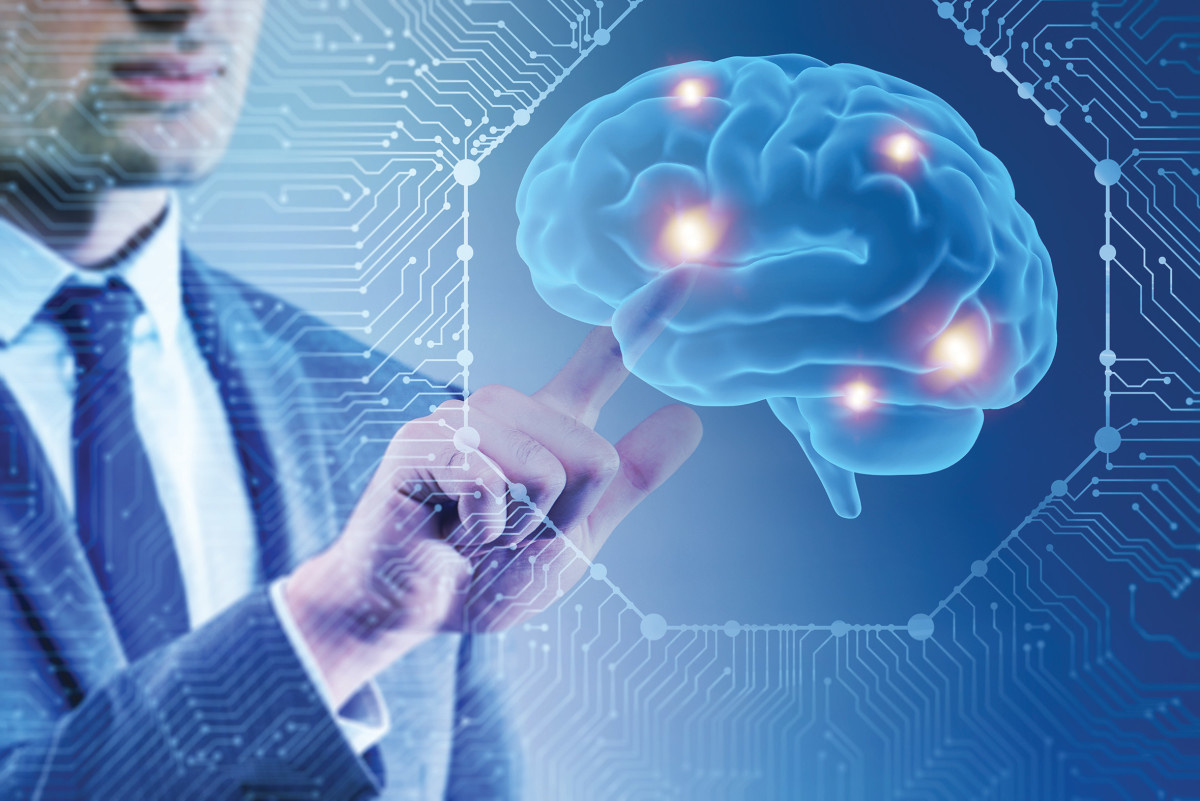Amidst a world of ambiguity, AI is viewed as the ticket to prosperity. In military sectors, such as the IDF, the use of AI must be handled with caution to guarantee efficacy and safety. Protocols stipulate that AI applications cannot be employed in instances involving human life without human intervention. Decision-making processes, especially those pertaining to potential assaults, will always entail qualified human factors and legal backing.
Although decision-makers use AI to amass data and recommendations for well-informed decision-making, AI systems are not intended to replace professionals. AI tools, like the Lavender system utilized in defense operations, introduce considerations to intelligence information but do not make choices. Stringent evaluation protocols are employed to ensure the accuracy and operational readiness of AI products, with stringent regulatory mechanisms in place prior to suggestions being taken into account for human use.
AI products are classified based on their resolution capabilities, ranging from individual pieces of information to aggregate insights and predictive capabilities for future events. This paradigm applies not only to intelligence systems but also to civilian systems across various domains. The integration of AI in military systems, particularly those affecting human life, is intricate and heavily reliant on the human element. Content specialists make the final decisions, and trust in AI recommendations takes time to develop.
Instruction for users of machine learning tools demands specialized knowledge and time, underscoring that in offensive military systems, decisions are never made solely by AI systems. Prof. Yaakov Nagel emphasizes the role of human experts in decision-making processes, particularly in critical circumstances where human life is at stake. In civil systems, AI may indirectly influence matters of life and death, resulting in a slower adoption rate of autonomous systems such as self-driving vehicles.



